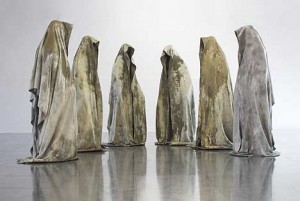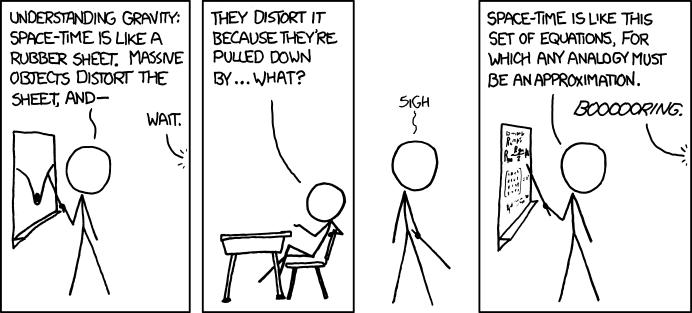Yesterday I made a case for authority among atheists and today I’m addressing ritual without religion.
In the big discussion about Greg Epstein’s humanist chaplains and the twitter forum on #humanistcommunity, PZ Myers claimed setting up atheist rituals that paralleled religious tradition was “a cheat and a waste.” At their essence, Myers claimed, ritual is just another world for “waste of effort, feel-good displacement activities that take the place of thought.”
It’s easy to think of fairly harmless secular rituals that might not meet with Myers’s ire. My technically-Jewish family still sticks by the highly traditional custom of going out to a movie and eating Chinese food on Christmas Day. Other deracinated rituals I can think of off the top of my head include graduation ceremonies and the recitation of entire Monty Python sketches.
At their heart, these toothless rituals are jargon. They are enacted by members of some group and not by others. They may not be particularly emotionally resonant, but they are shorthand for some kind of community bond.
It’s the use of shorthand that I suspect puts Myers off. Compressing and ritualizing ideas can be a pretty good way to make us stop thinking critically about them. A person used to mouthing a prayer may not notice they no longer mean the words they’re used to saying. And, in the secular world, plenty of academic disciplines end up so turned in on themselves that they look more like performance art than scholarship.
But shorthand is too valuable to be cast off because it’s risky. If we’re all on the same page, it’s nice to be able to talk about ideas paying rent without having to summarize Yudkowsky’s formulation every time. That’s a convenience; ritual becomes a necessity when it’s a way of gesturing at ideas we don’t know how to express and formalize. I can reach for a parallel in literature when I don’t know how to work through a feeling on my own. When I want to comfort a friend, sending flowers, or some other ritualized act can express my empathy more effectively than an explicit declaration. And, for people who don’t have time to master every subject, shorthand can give them enough of a grasp of a difficult topic to get by.
But shorthand and abstraction don’t really capture all of what ritual is about. If regular old discourse is prose, ritual is poetry. It’s emotionally charged and cognitively sticky. So why should we want to imbue these inside jokes with content and emotional resonance? I’ll definitely concede to Myers that it will make it harder to abandon them.
But most of us aren’t striving for a world of detatchment. We’re going to become emotionally attached to something, we’ll decide some group memberships are essential parts of our identity. Shouldn’t the constraints we embrace be tied to some actual content? Embracing ritual means doubling down on the thought patterns/traditions/values you want to embody.
If you don’t have a philosophy/ethics/telos you feel comfortable turbocharging, get looking.
Again, this is getting long, so I’ll hold for a separate post a few briefer thoughts on ritual and historical continuity, along with an example of secular ritual from my summer camp













